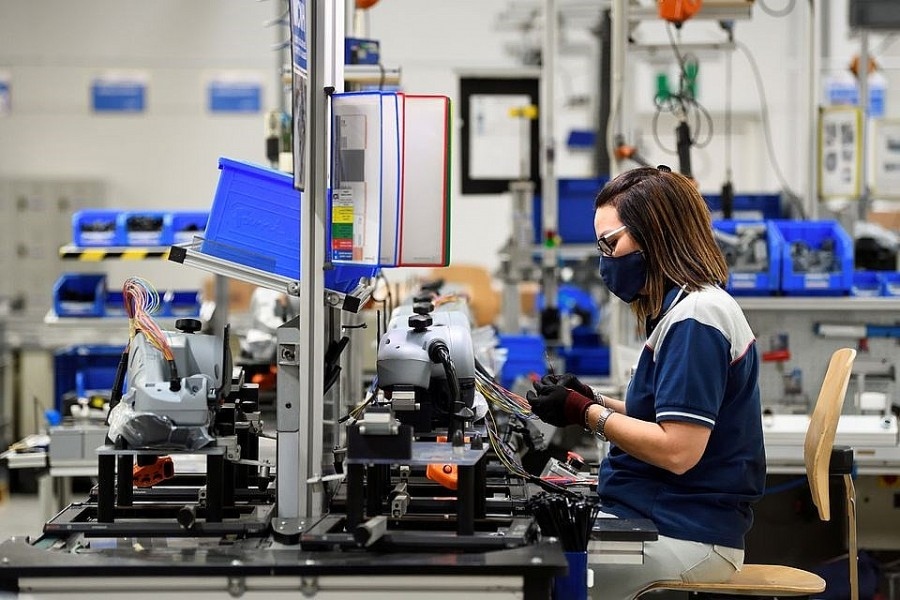Positive outlook ahead for EU investment in Vietnamese food processing industry
VOV.VN - EU firms hold an especially advantageous position in terms of gaining access to the Vietnamese food processing market thanks to the close trading ties that exist between the nation and the bloc, as well as a favourable image of European products among Vietnamese consumers, according to details given by Vietnam Briefing news site.

In a recent article the news site highlighted the growth prospects ahead for the nation’s food processing sectors and discussed how EU companies can capitalise on the current opportunities that are in the market.
Vietnam Briefing outlined that food processing represents one of the country’s most important industries, benefitting from its fertile and favourable climate, whilst also having historically been a net exporter of food. Indeed, last year saw the agricultural sector earn a record export value of US$53.22 billion, including a trade surplus of US$8.5 billion.
However, growing domestic demand is now contributing to the country’s own food manufacturing and processing industry. Amid income levels nationwide rising, so too has domestic consumption, a factor reflecting the growing demand for food services and high-quality agricultural products.
The country’s growing middle class, which is set to account for around 40% of the population by 2030, is rapidly becoming a major driver of the food industry’s growth.
The article cited Statista's figures which indicate that in 2021, the food and beverage (F&B) manufacturing industry contributed US$17 billion to the country’s GDP and created jobs for three million people. Meanwhile, the food service industry is anticipated to record a compound annual growth rate (CAGR) of 8.5% between 2022 and 2027, with a growing trend towards dining out.
It outlined there are advantages for EU firms investing in the Vietnamese food processing industry, one of which is the EU-Vietnam free trade agreement (EVFTA), which will over the course of the next decade see the elimination of almost all import duties between the nation and the bloc.
The EVFTA will significantly improve the prospects for bilateral agri-food trade, which would ultimately see an increase in the availability of both specialty Vietnamese products in the EU and European products in the nation.
A notable aspect of the EVFTA is the inclusion of geographical indication (GI) for certain food products. The terms of the deal automatically recognise the GI of 39 Vietnamese food products and 169 European products.
This therefore helps consumers in both markets recognise the authenticity of the products and provides a leg-up for companies when it comes to marketing their products in the respective markets.
Secondly, there is an increasing demand for high-quality food products, with EU investors seeking to capitalise on the growing taste for high-end, high-quality, and organic products in the nation. In the food service industry, consumers are keen to explore new cuisines and ingredients, while niche high-end segments present opportunities for the introduction of specialty products, such as European wines, cheeses, and processed meats.
Thirdly, the country has shown a robust food processing infrastructure. In addition, the relatively low labour cost in the nation makes it a competitive option for the location or relocation of manufacturing and processing facilities.
The Vietnamese food processing industry is therefore increasingly becoming a magnet for foreign investment, noting that the fast pace of development and strong growth prospects have already pulled in many foreign companies and fostered the growth of a range of domestic producers.
Vietnamese-foreign joint ventures, as well as mergers and acquisitions (M&As), have also increased in number over recent years, the article added.
